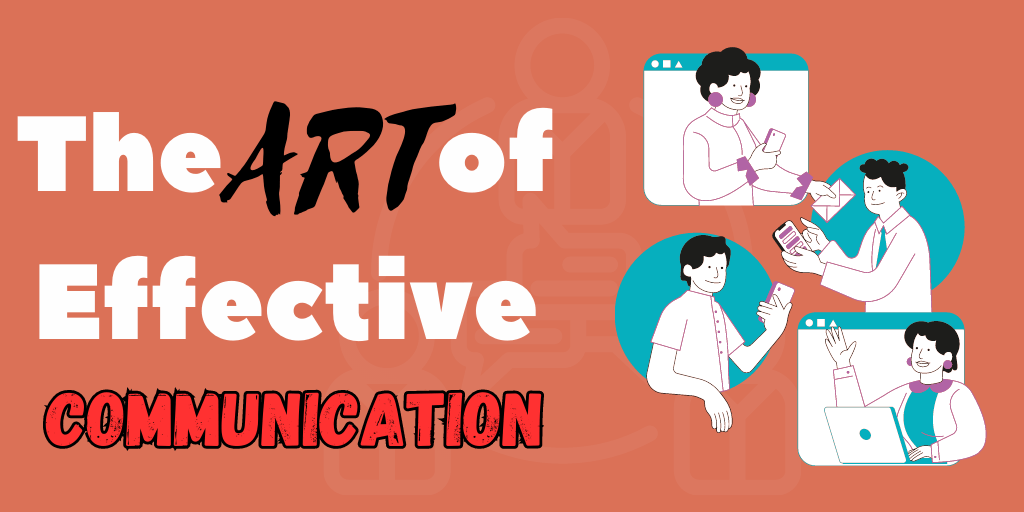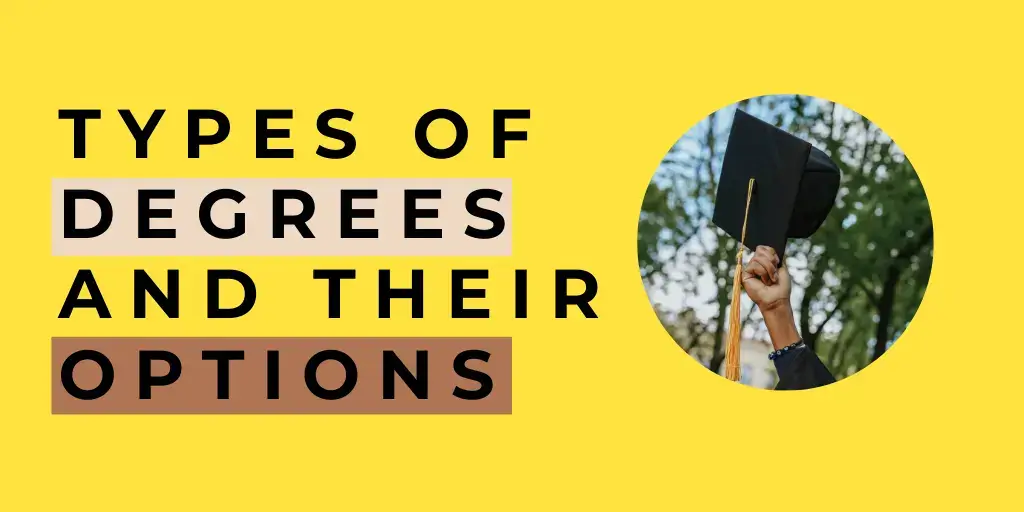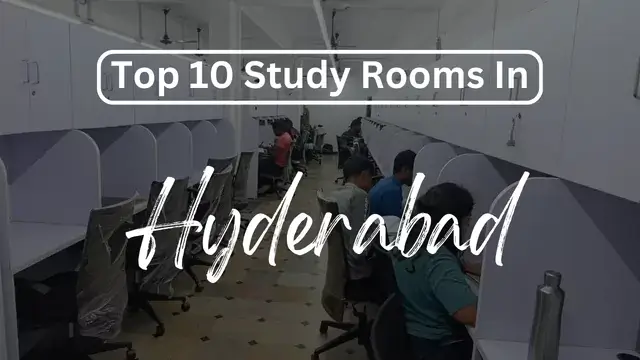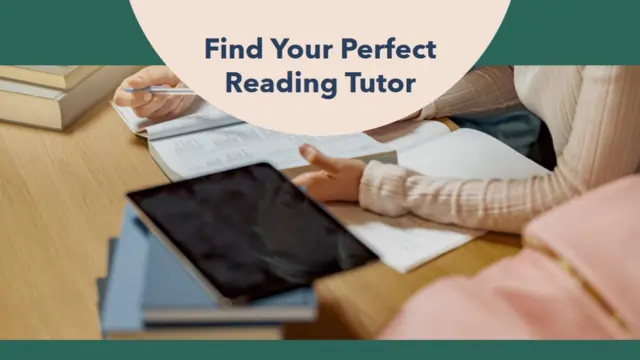
The Art of Effective Communication: How Tutors Enhance Student-Teacher Interactions
Effective communication is the cornerstone of any successful learning experience. Within the educational setting
Effective communication is the cornerstone of any successful learning experience. Within the educational setting, strong student-teacher interactions are vital for fostering engagement, understanding, and academic growth. Tutors, in particular, play a crucial role in enhancing these interactions by creating a supportive and personalized learning environment. In this blog post, we will explore the art of effective communication in tutoring and discuss how tutors can contribute to enriching student-teacher relationships.
1. Individualized Attention and Support
One of the primary advantages of tutoring is the ability to provide individualized attention and support to students. In a classroom setting, teachers often face time constraints and must cater to the needs of a large group. Tutors, on the other hand, can focus solely on one student, adapting their teaching methods and pace to suit the individual's needs. This personalized attention allows tutors to establish strong communication channels, understand students' strengths and weaknesses, and address their specific learning goals effectively.
2. Active Listening and Empathy
Effective communication begins with active listening and empathy. Tutors who actively listen to their students create an environment where students feel valued, heard, and understood. By paying close attention to verbal and nonverbal cues, tutors can gain insights into students' struggles, strengths, and interests. Empathy plays a crucial role in building trust and rapport, as tutors demonstrate their genuine concern for students' well-being and academic success.
3. Clear and Concise Explanations
Clarity is paramount in effective communication. Tutors must possess the ability to explain complex concepts in a clear and concise manner, ensuring that students grasp the information being conveyed. They should use appropriate language and avoid jargon, adapting their explanations to suit the student's level of understanding. By simplifying complex ideas and using real-world examples, tutors can enhance students' comprehension and foster a deeper connection between them and the subject matter.
4. Encouraging Questions and Active Participation
Tutors should actively encourage students to ask questions and actively participate in their learning journey. By creating a safe and non-judgmental space, tutors empower students to seek clarification, express their thoughts, and share their perspectives. Encouraging questions not only helps students clarify their doubts but also promotes critical thinking and problem-solving skills. Through active participation, students become active agents in their learning process, developing confidence and a sense of ownership over their education.
5. Providing Constructive Feedback
Constructive feedback is a vital component of effective communication in tutoring. Tutors should provide timely and specific feedback that highlights students' strengths and areas for improvement. Constructive feedback helps students understand their progress, identify areas that require additional attention, and set goals for further growth. By offering feedback in a supportive and encouraging manner, tutors motivate students to strive for excellence and foster a growth mindset.
6. Collaborating with Teachers and Parents
Tutors can further enhance student-teacher interactions by collaborating with teachers and parents. By maintaining open lines of communication, tutors can gain valuable insights into students' classroom experiences, academic goals, and any specific challenges they may face. This collaboration allows tutors to align their tutoring strategies with the curriculum and teaching methods employed in the classroom, creating a cohesive and comprehensive support system for the student.
Conclusion
Effective communication lies at the heart of successful student-teacher interactions. Tutors play a pivotal role in enhancing these interactions by providing individualized attention, active listening, clear explanations, encouraging questions, constructive feedback, and collaborating with teachers and parents. By nurturing strong communication channels, tutors create an environment that fosters engagement, understanding, and academic growth. Through their dedication to effective communication, tutors empower students to excel academically and develop the necessary skills for lifelong learning.
Last update: 2023-07-19 15:58:50
 Clenta
Clenta











